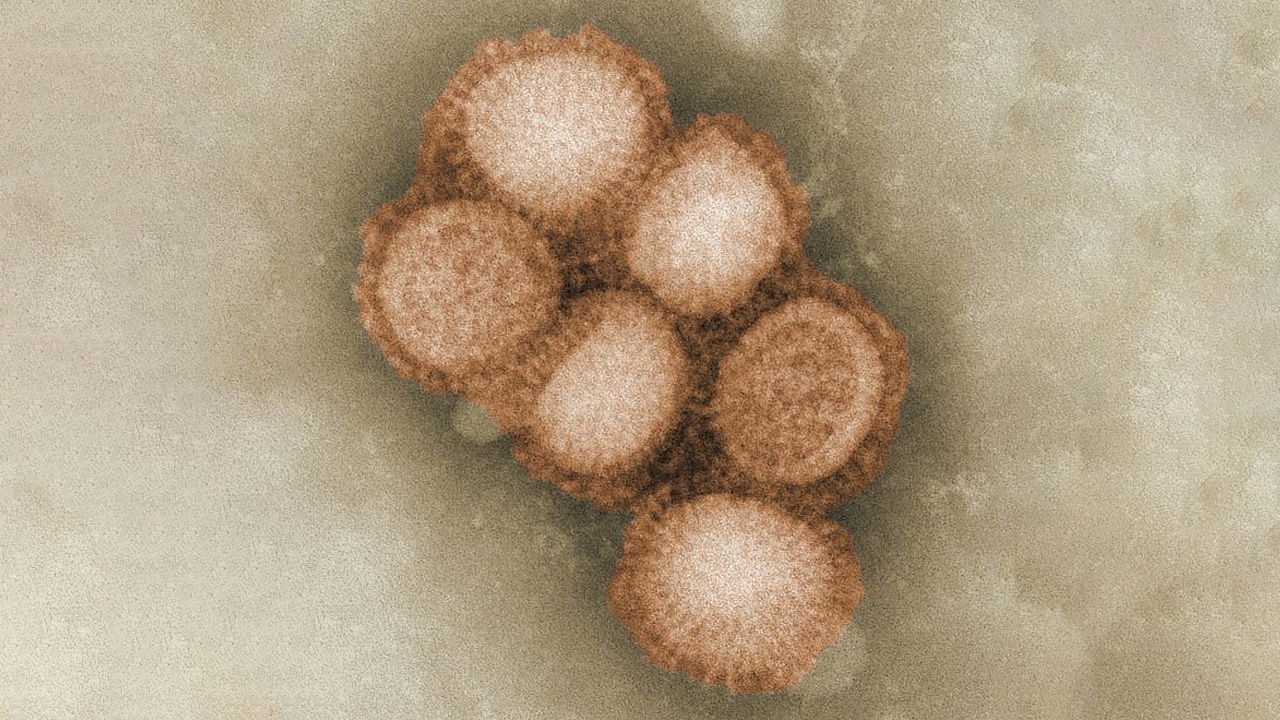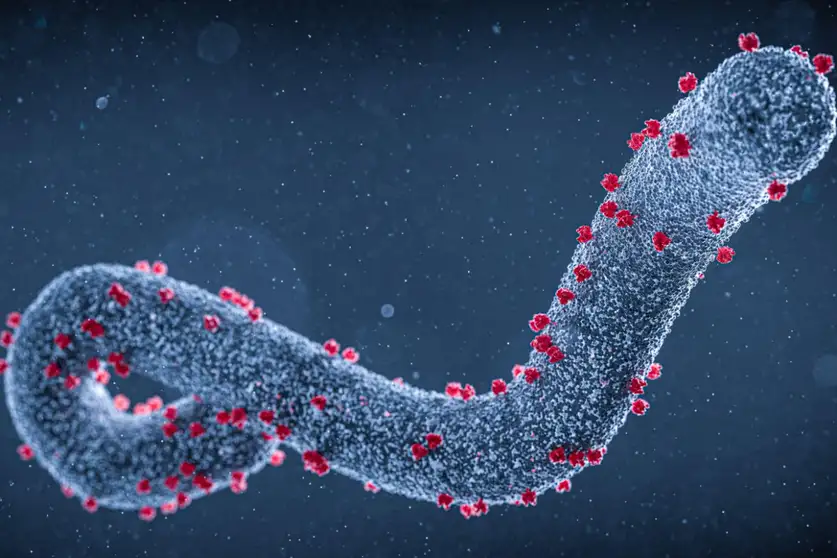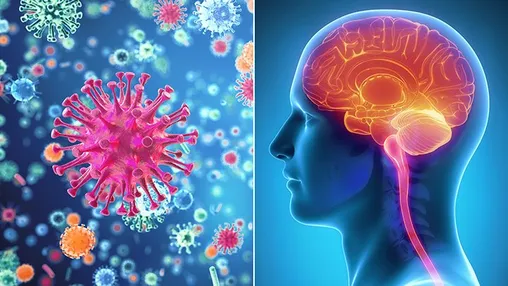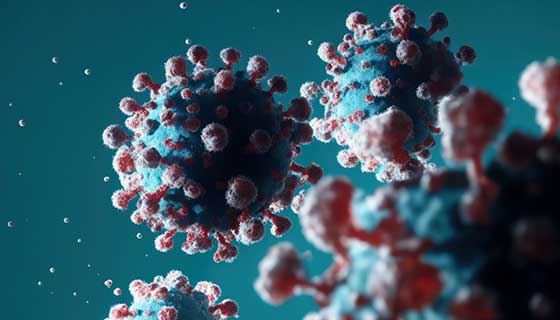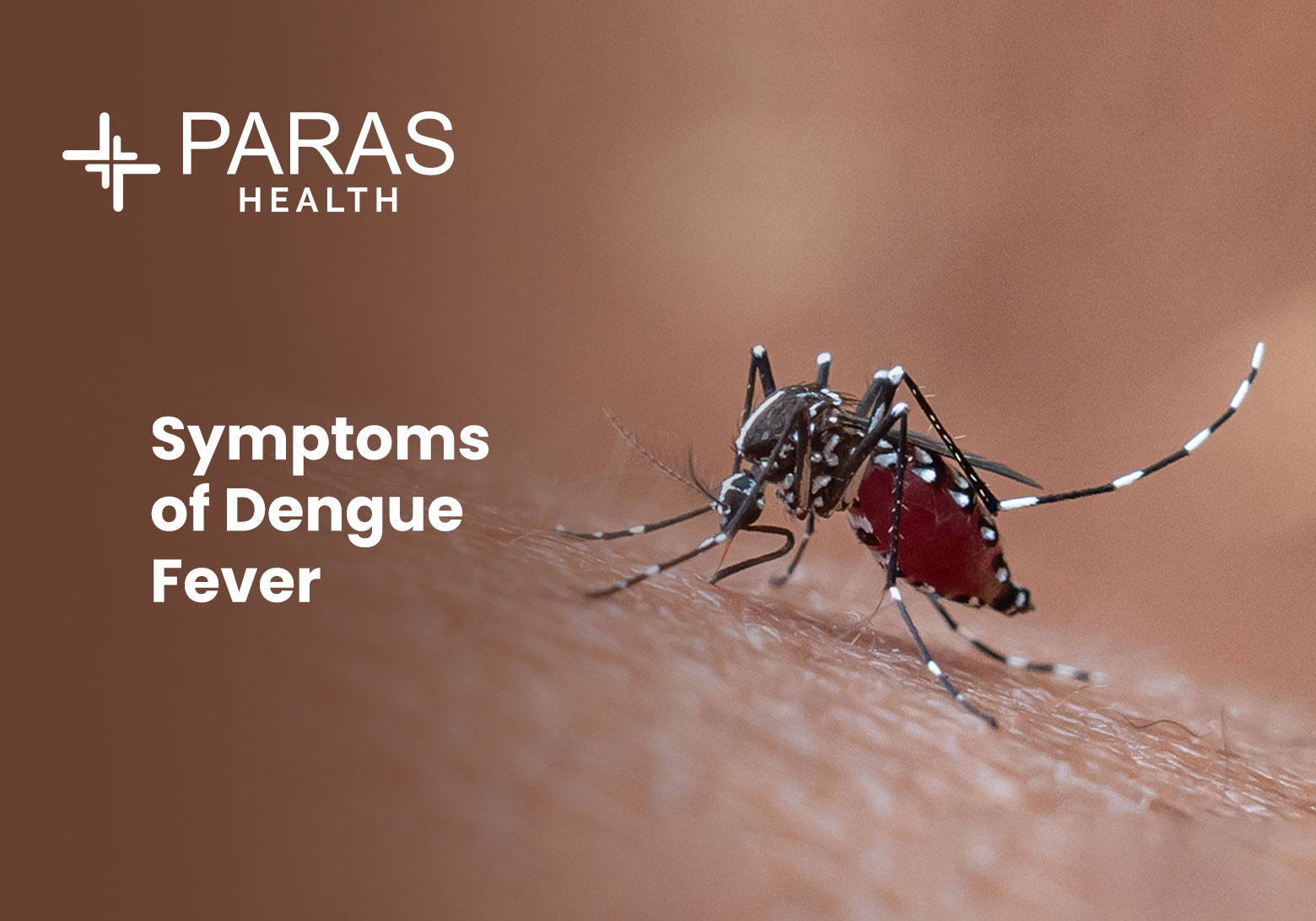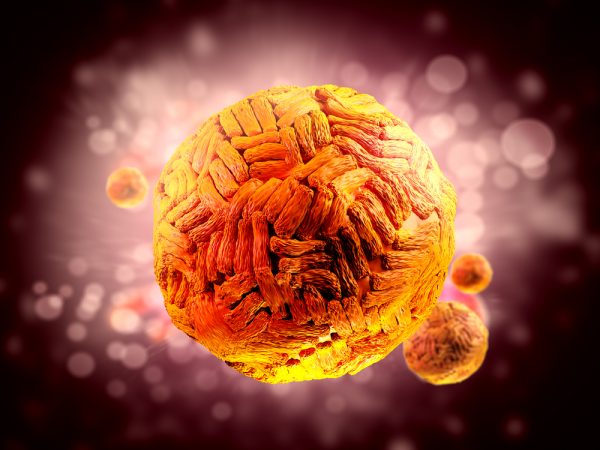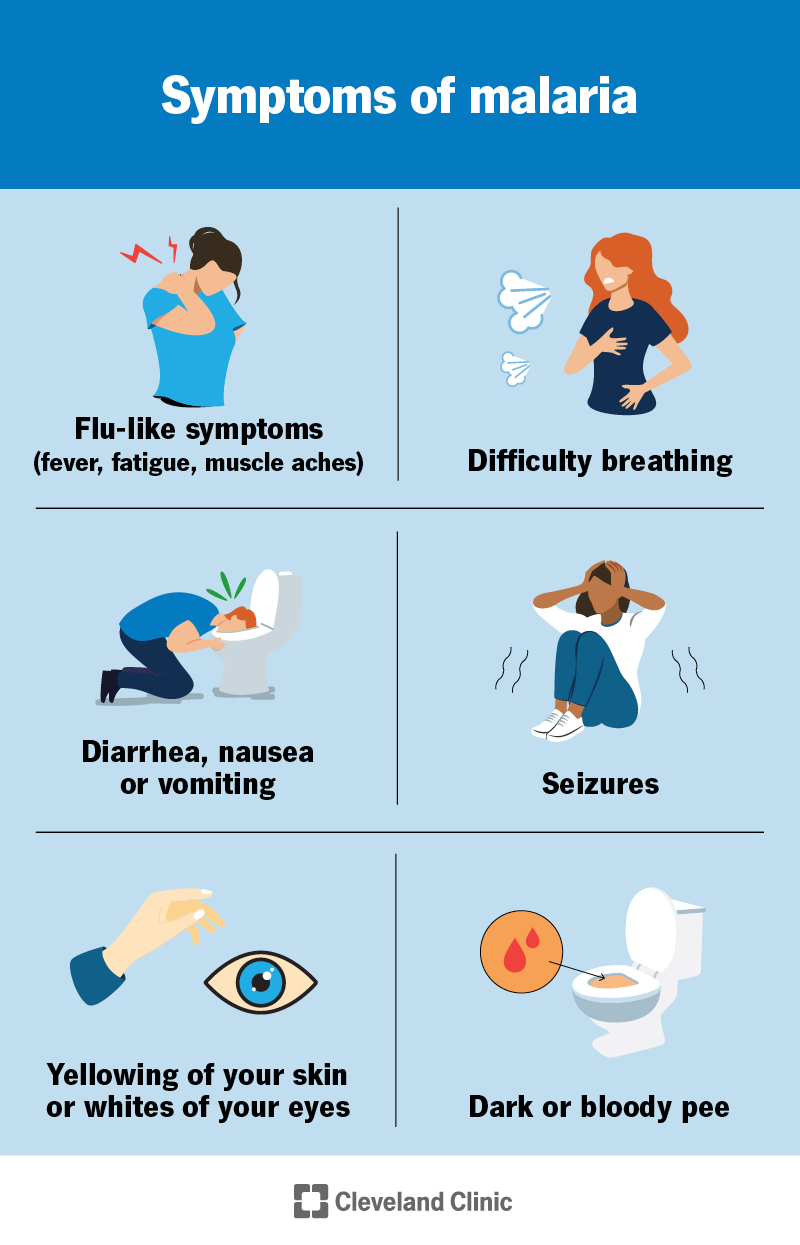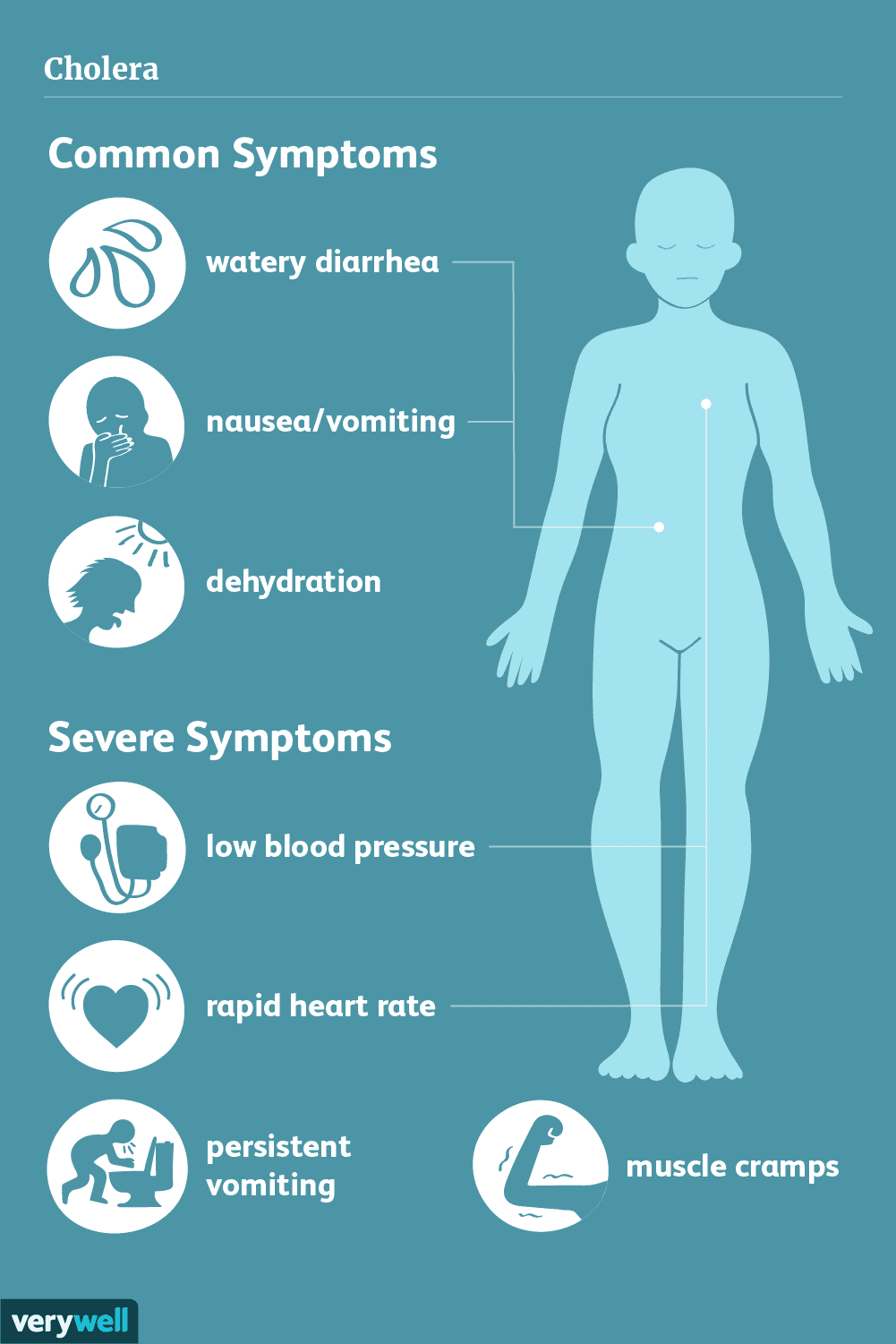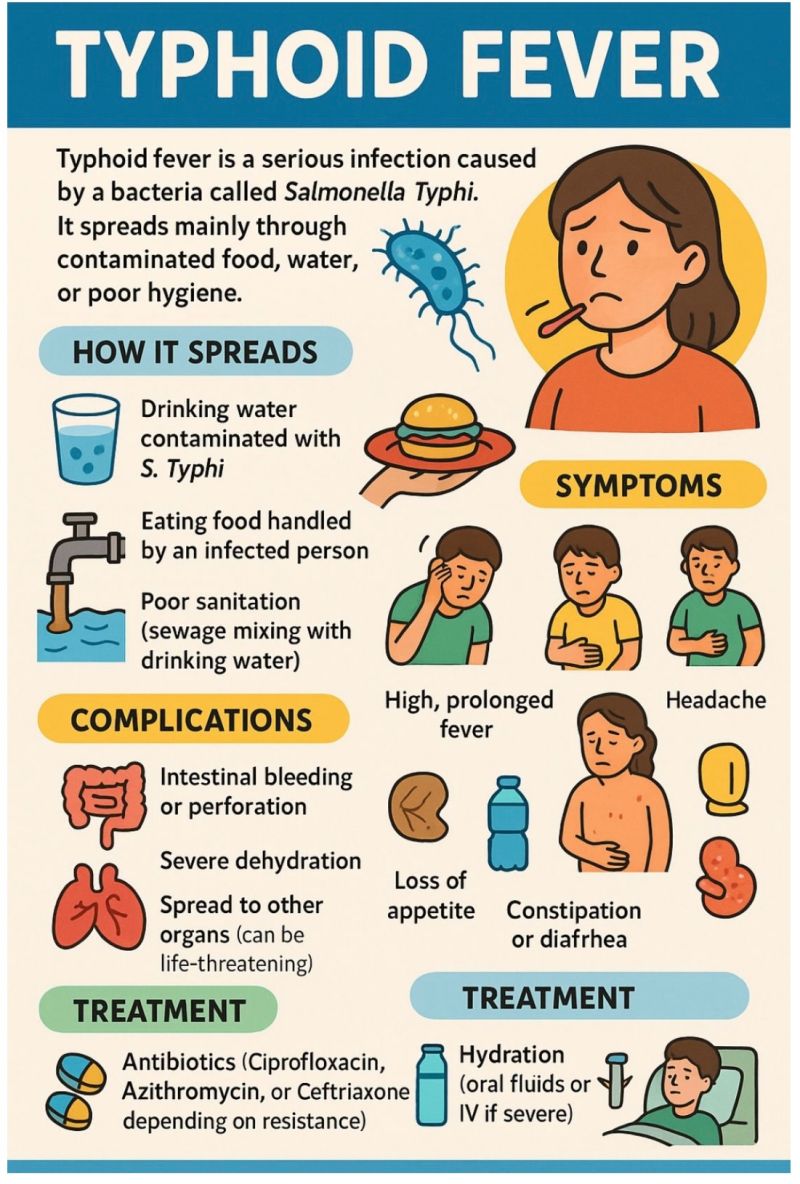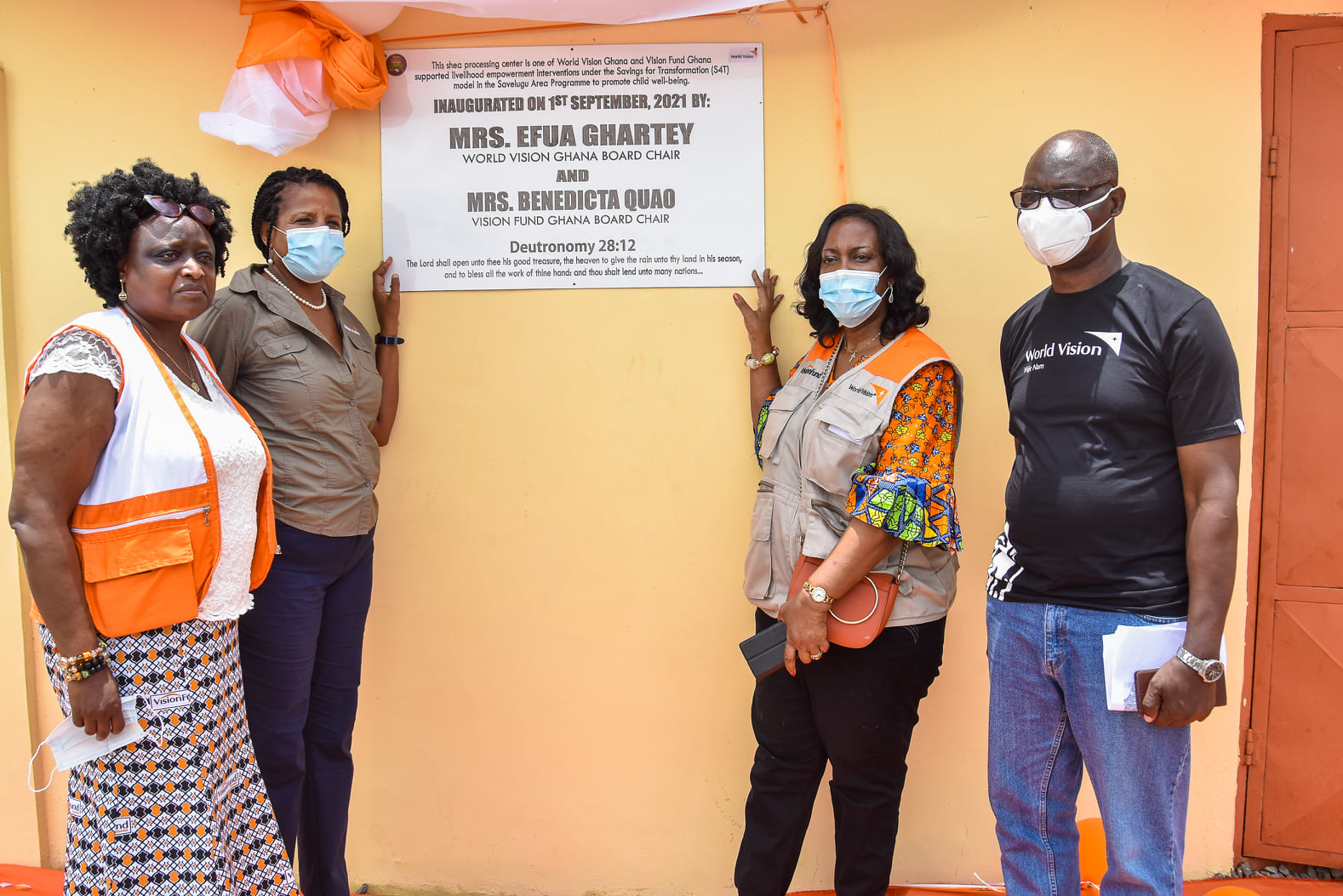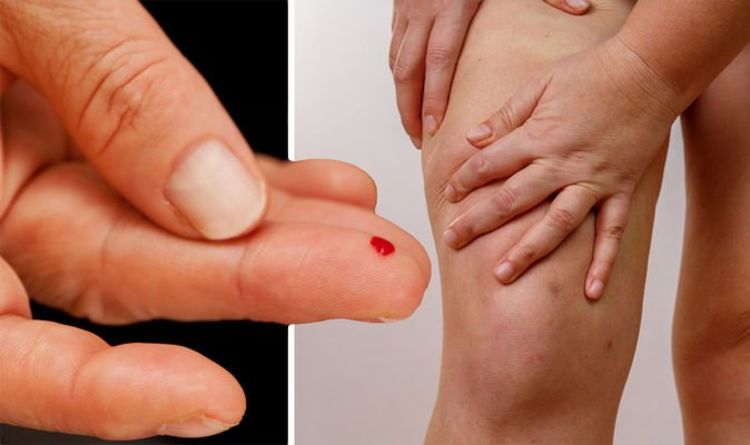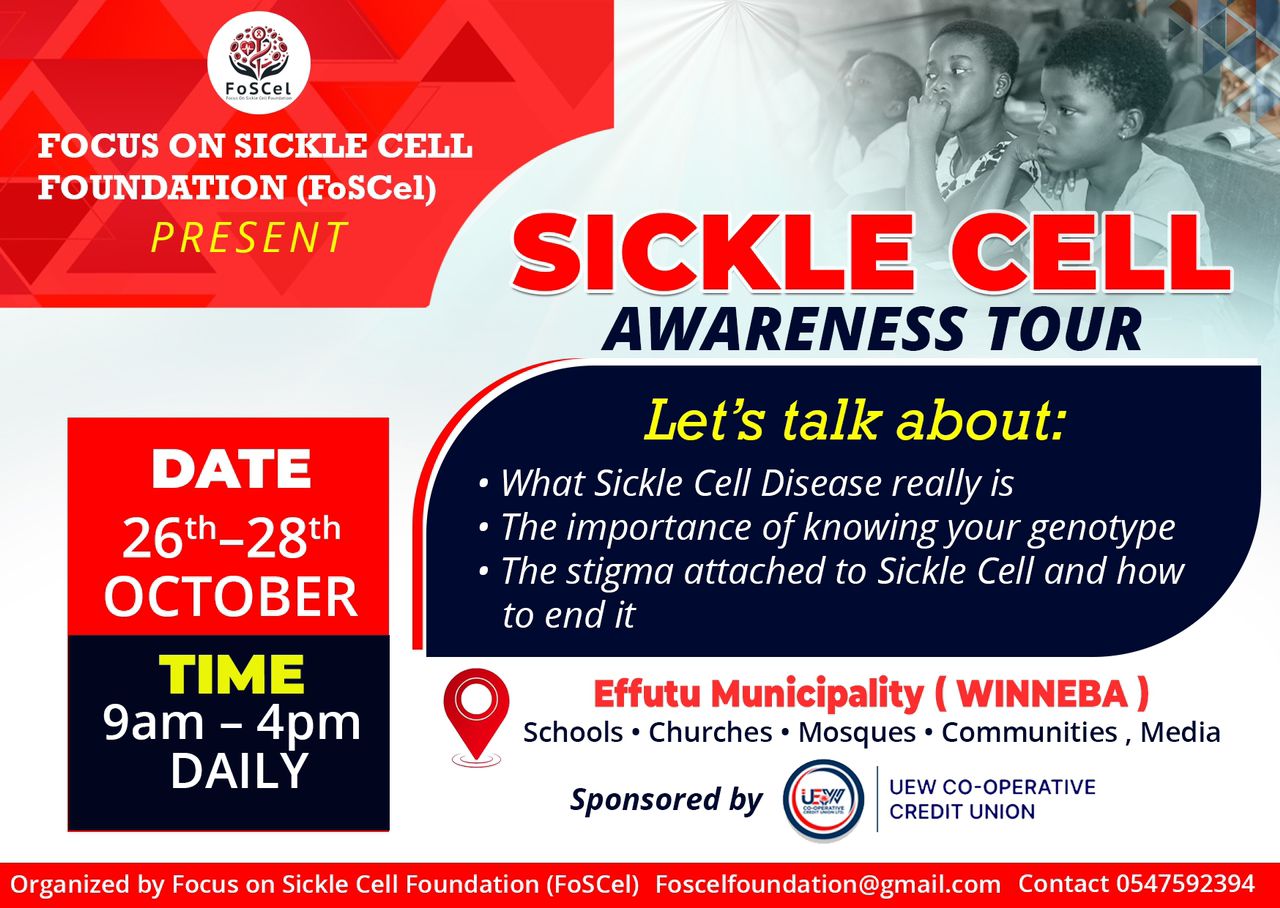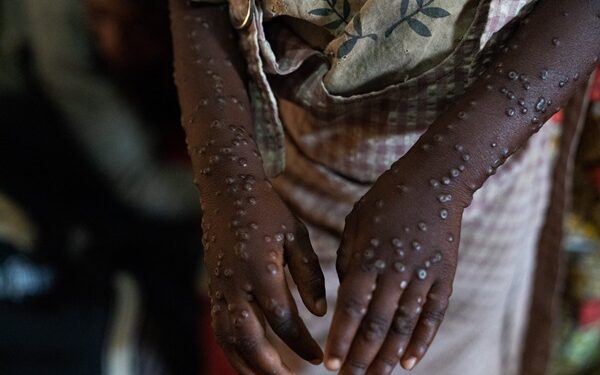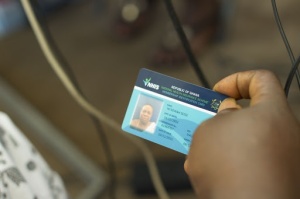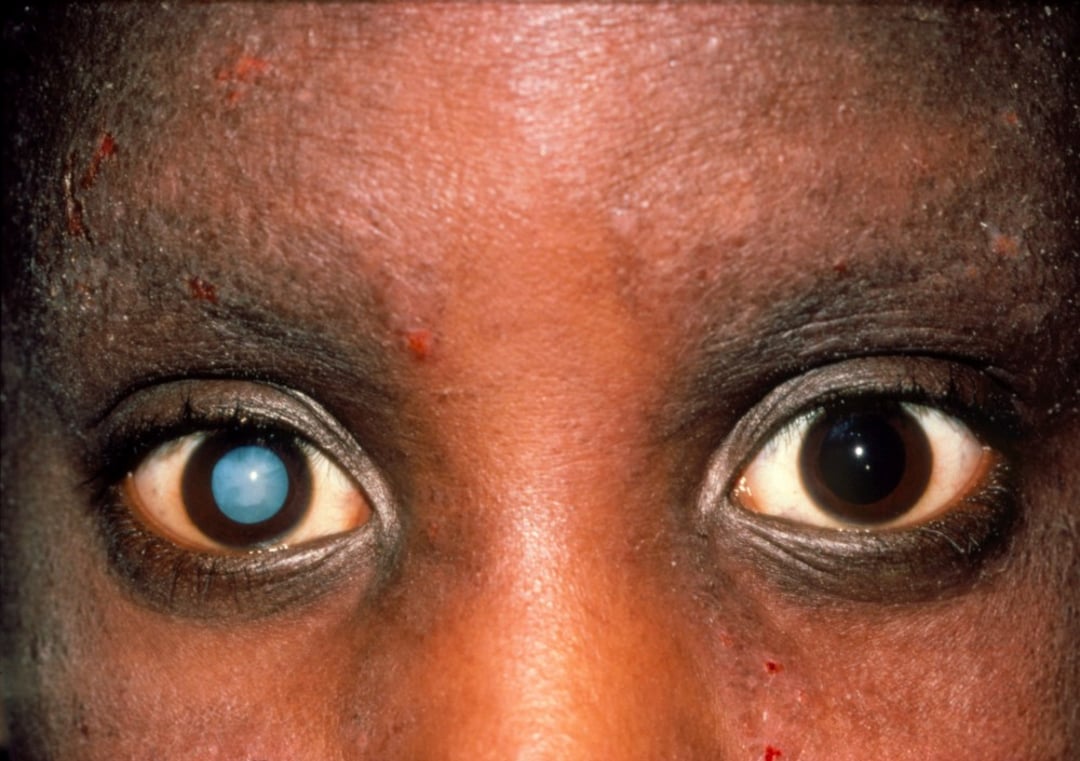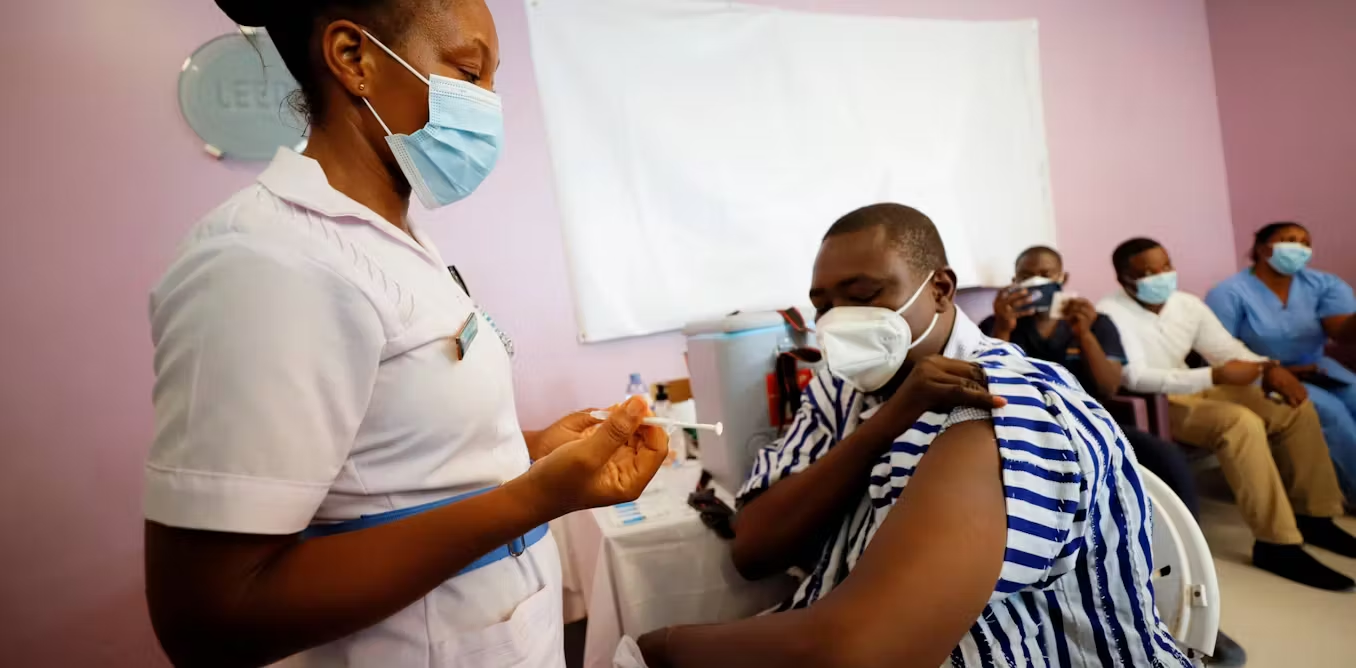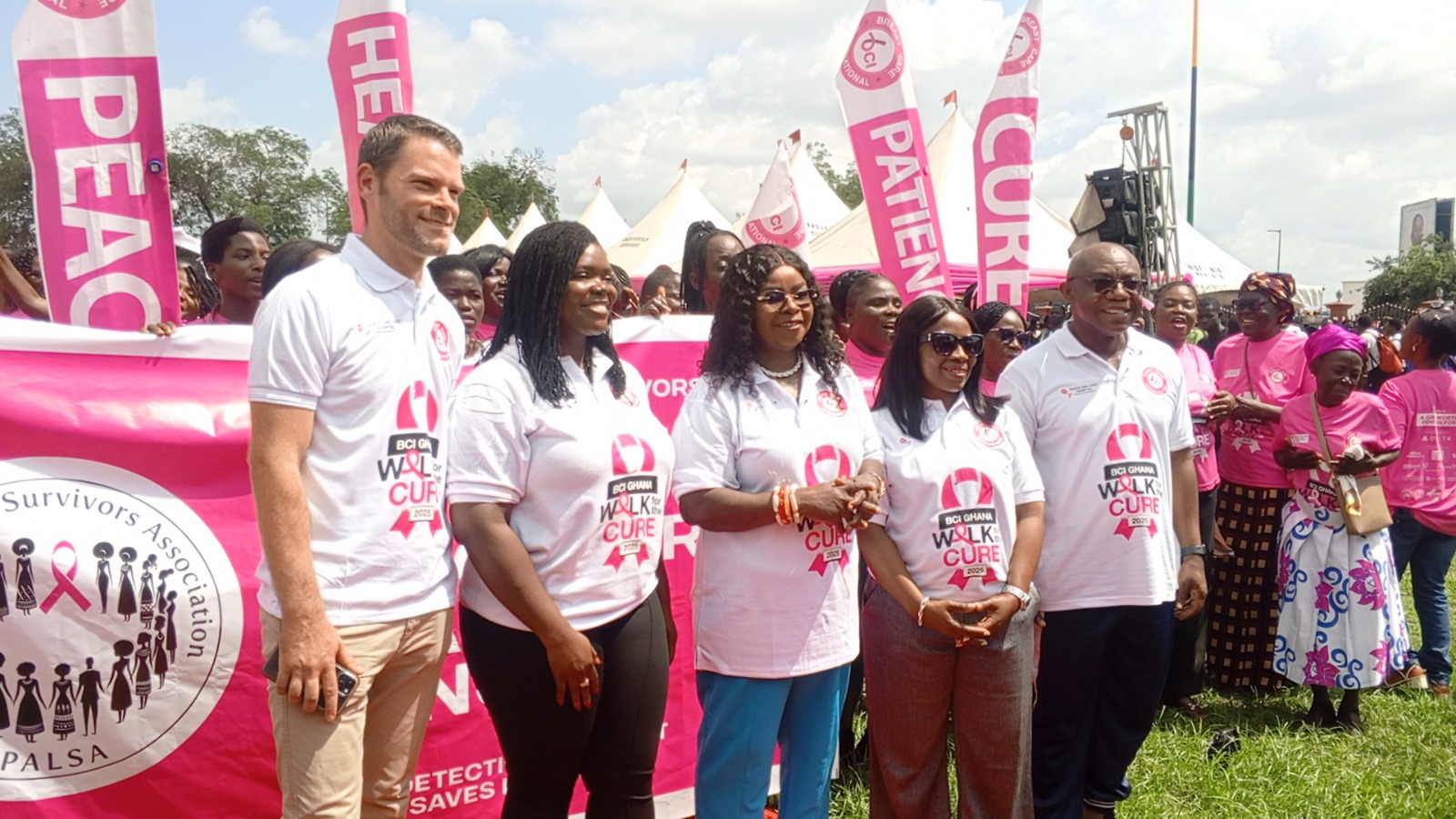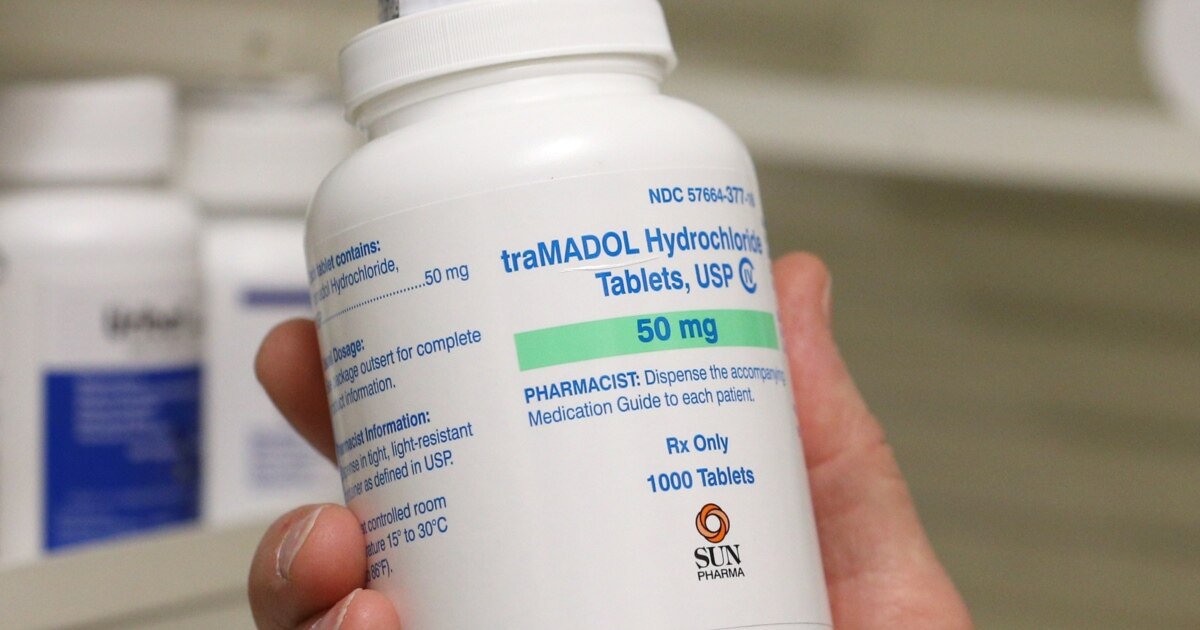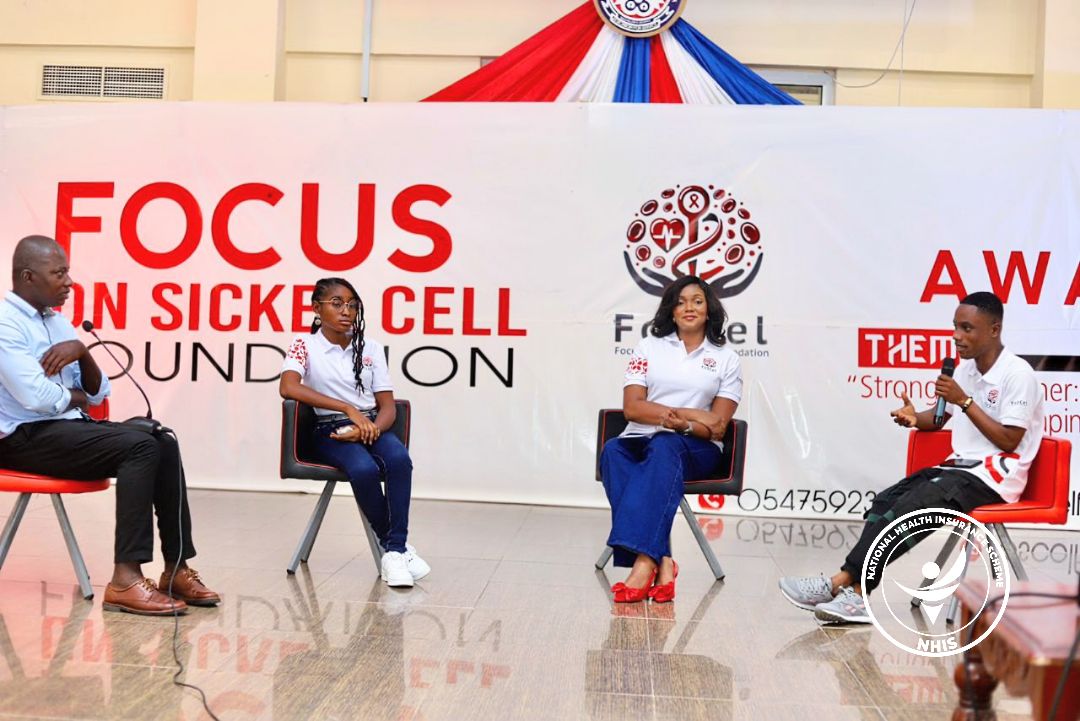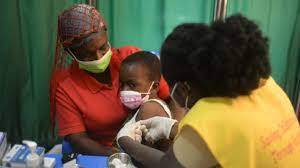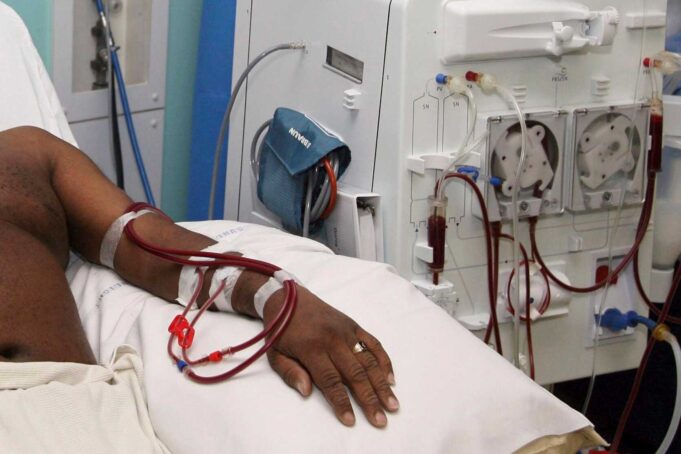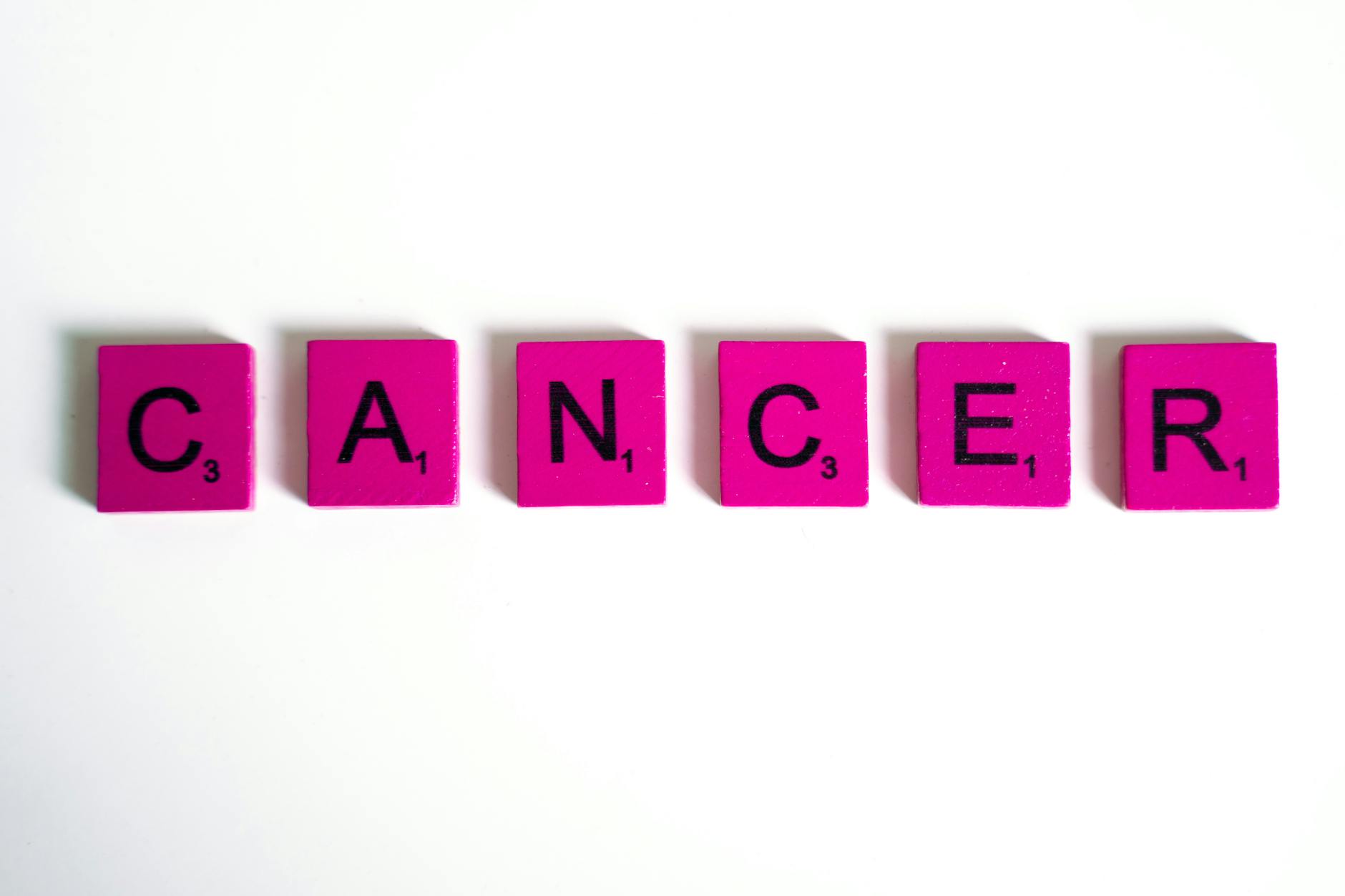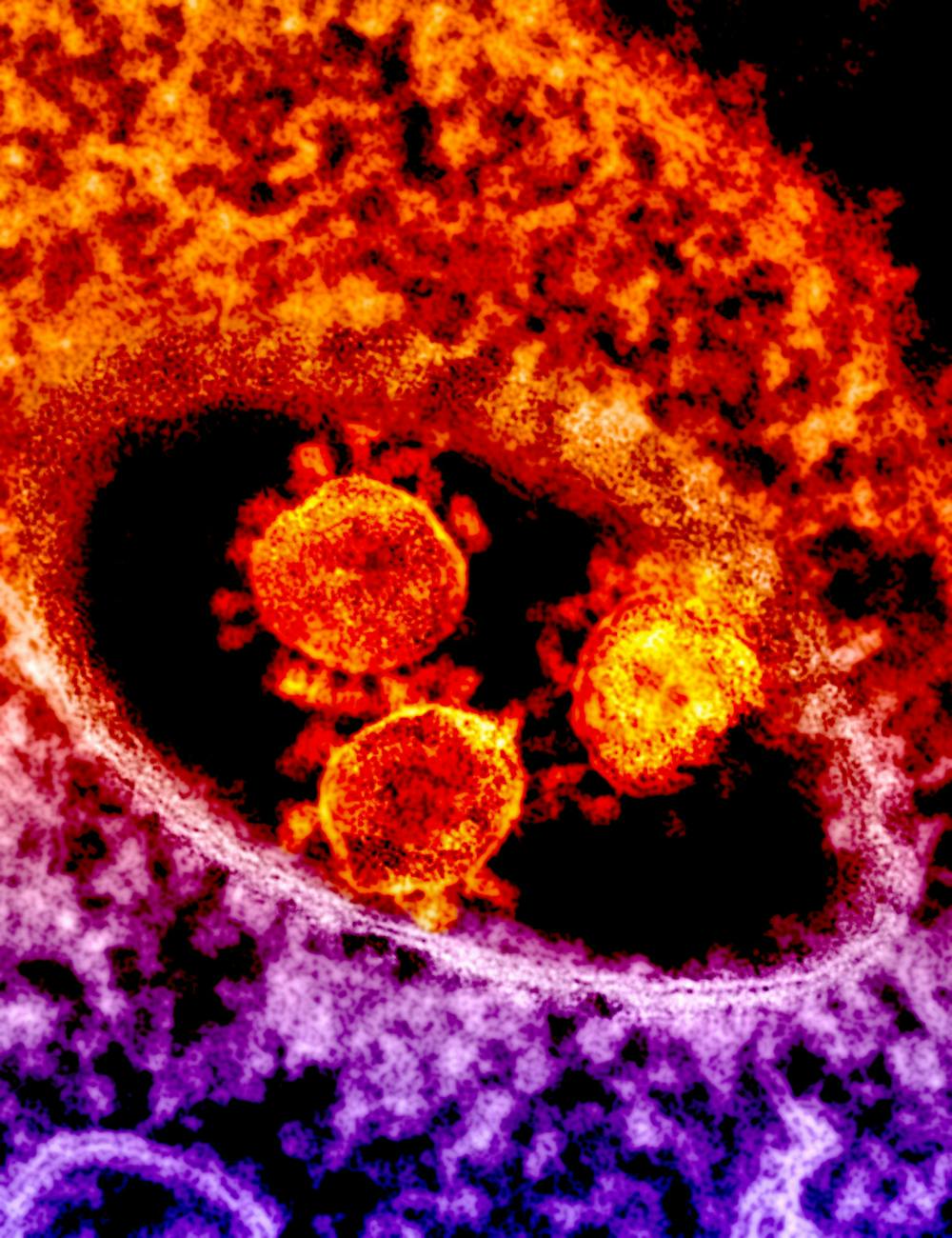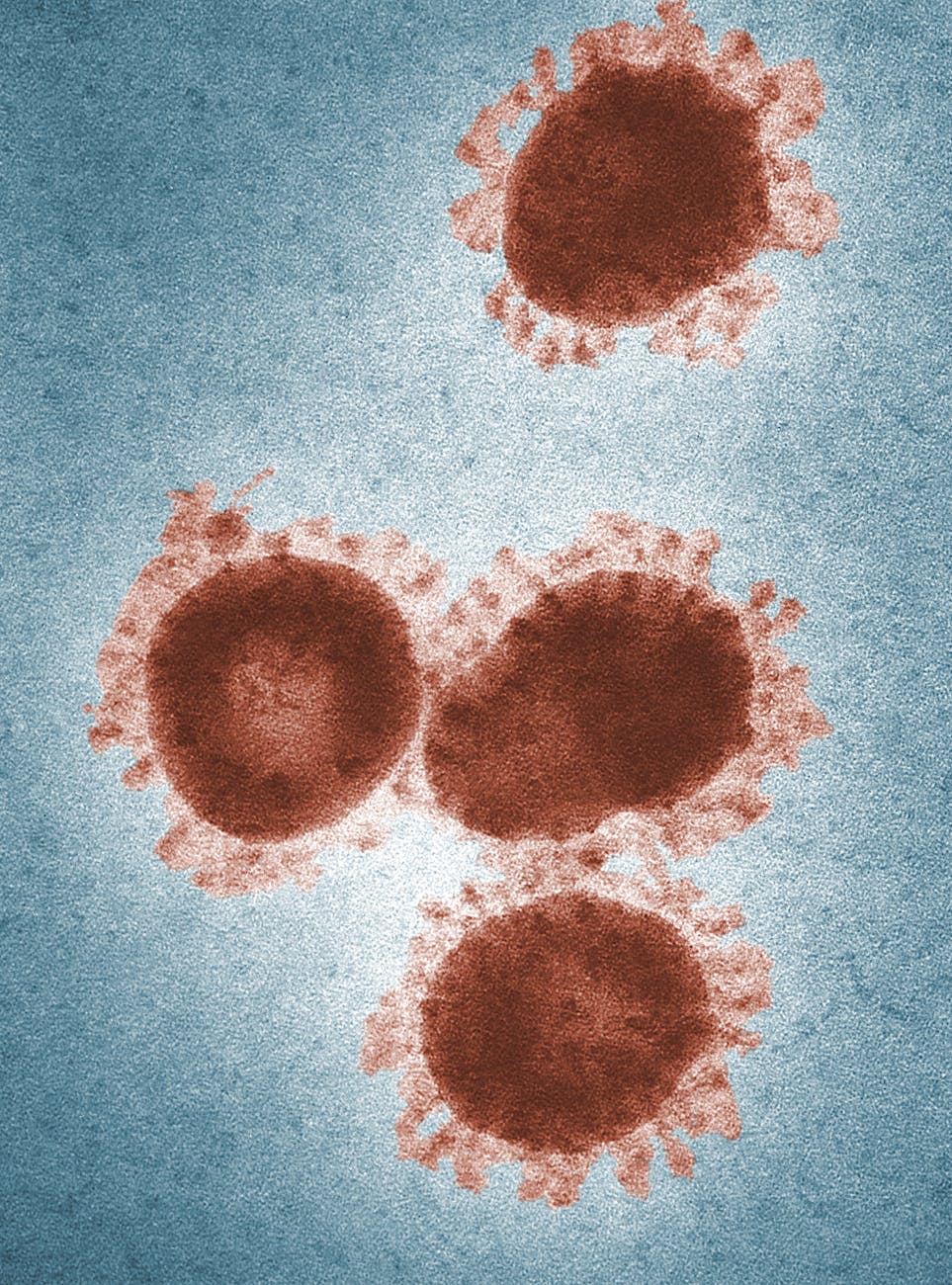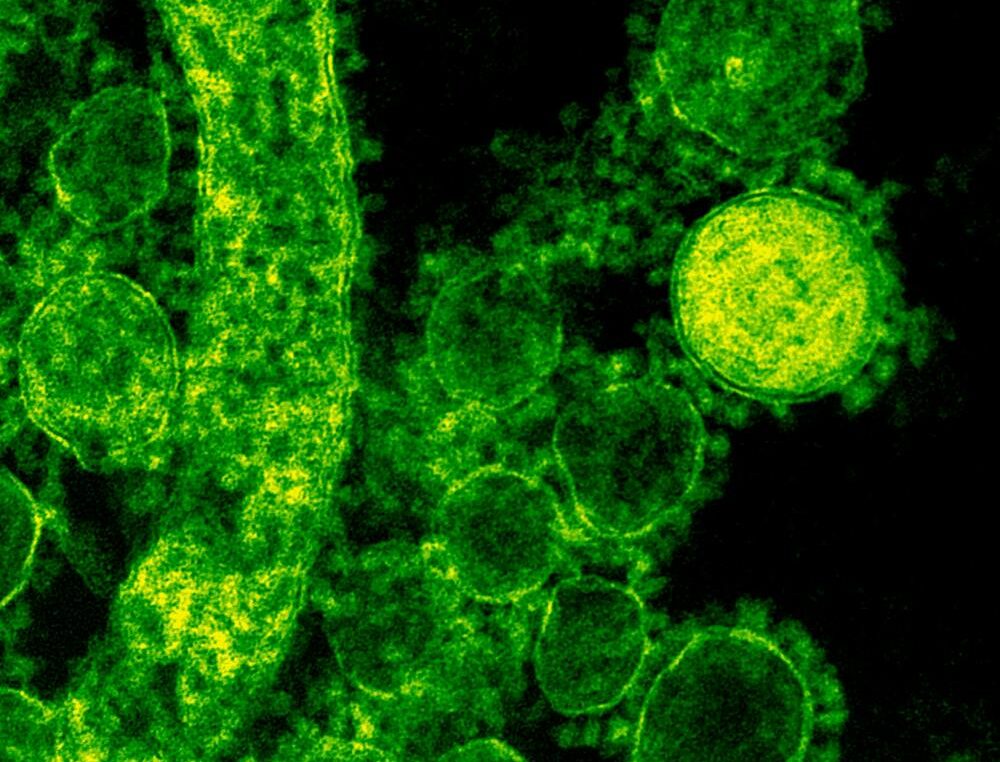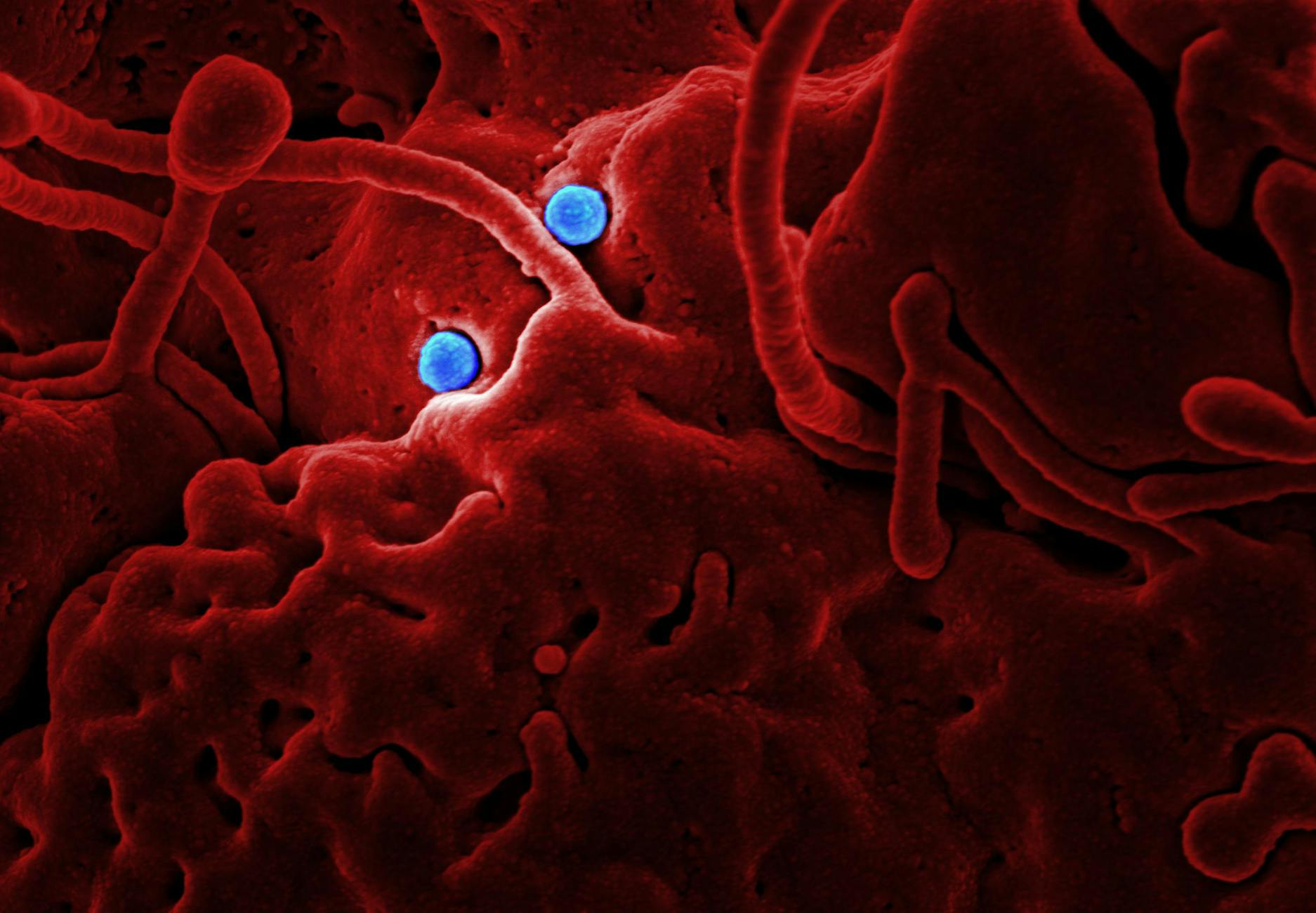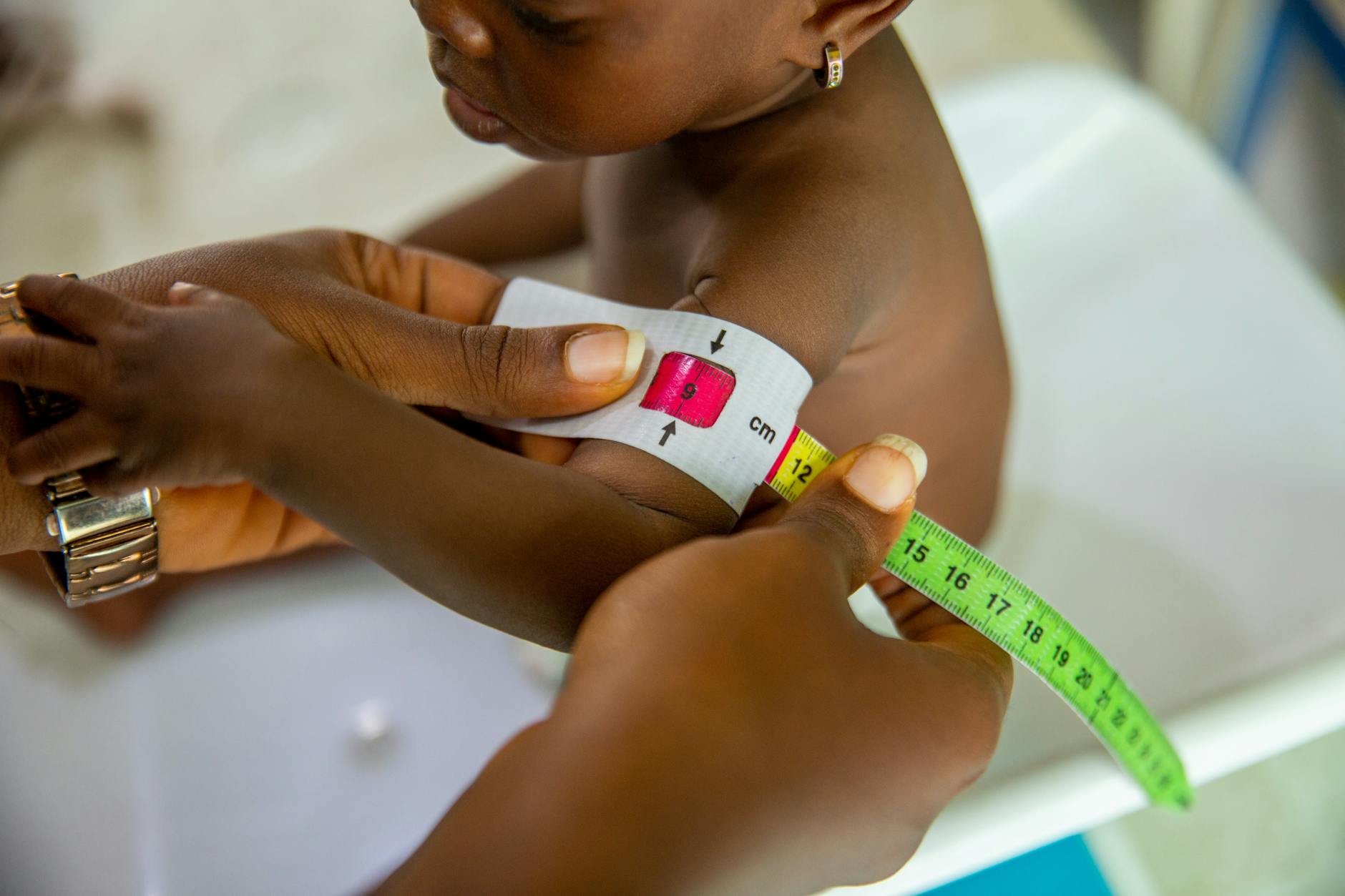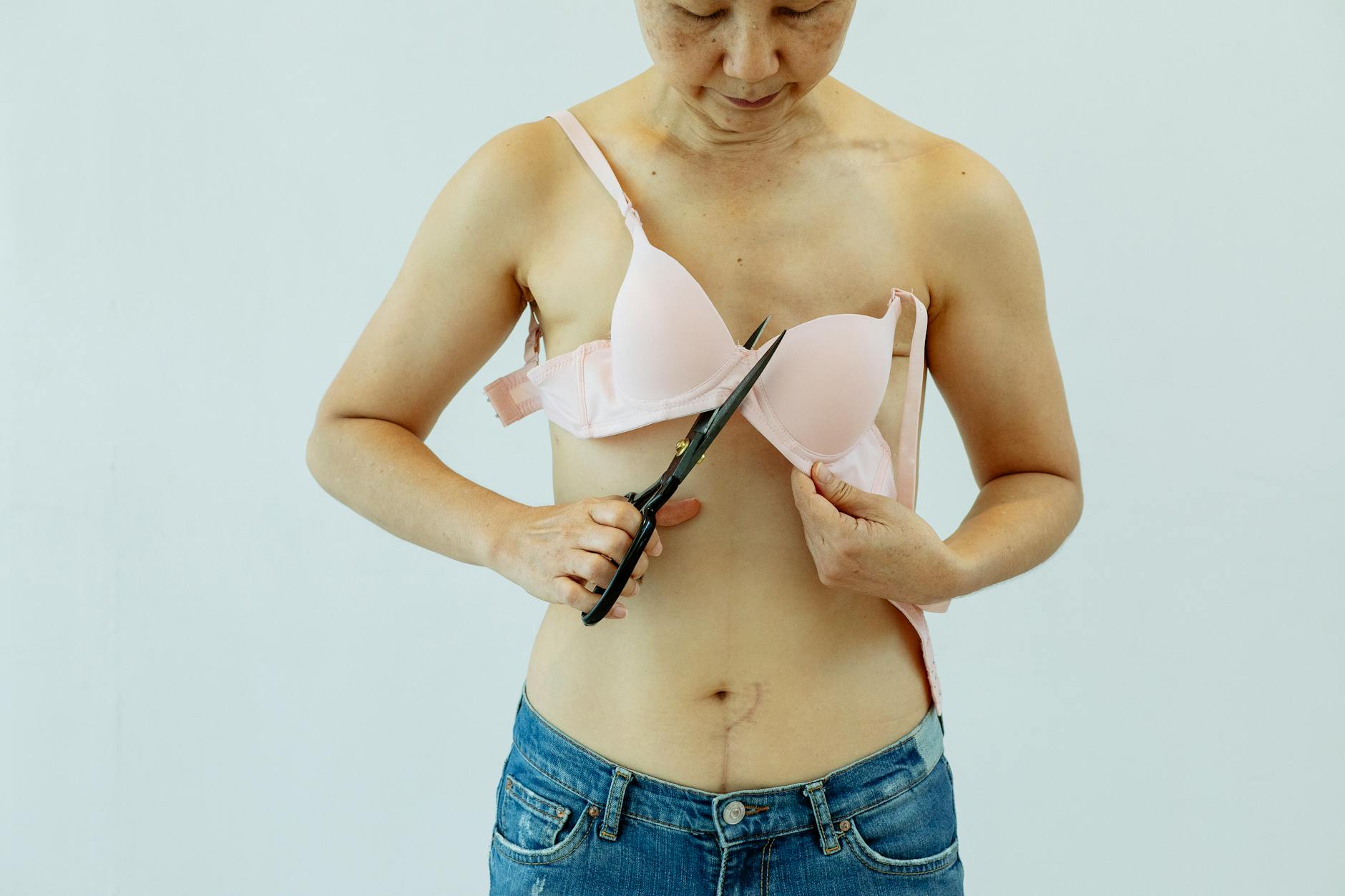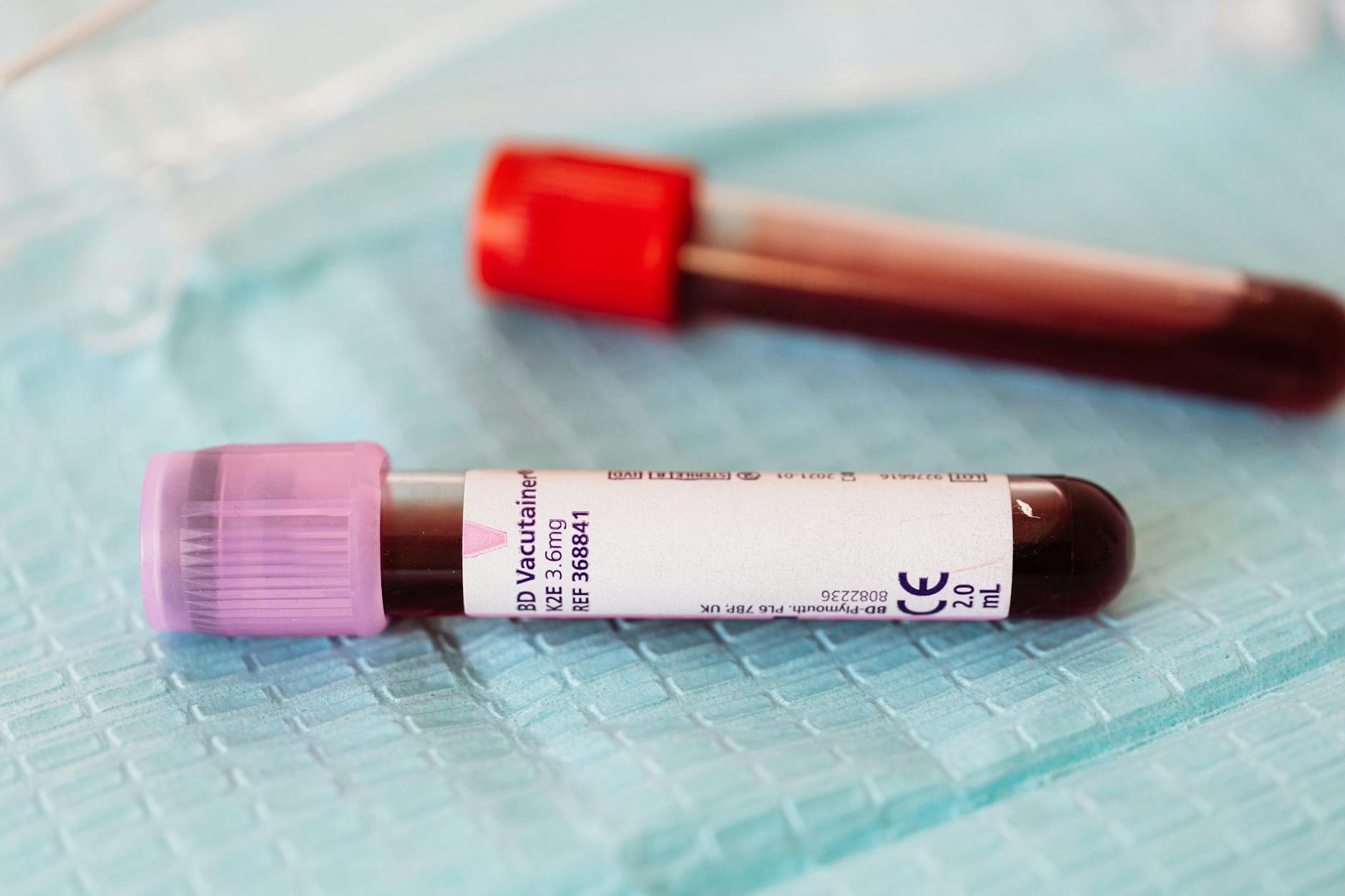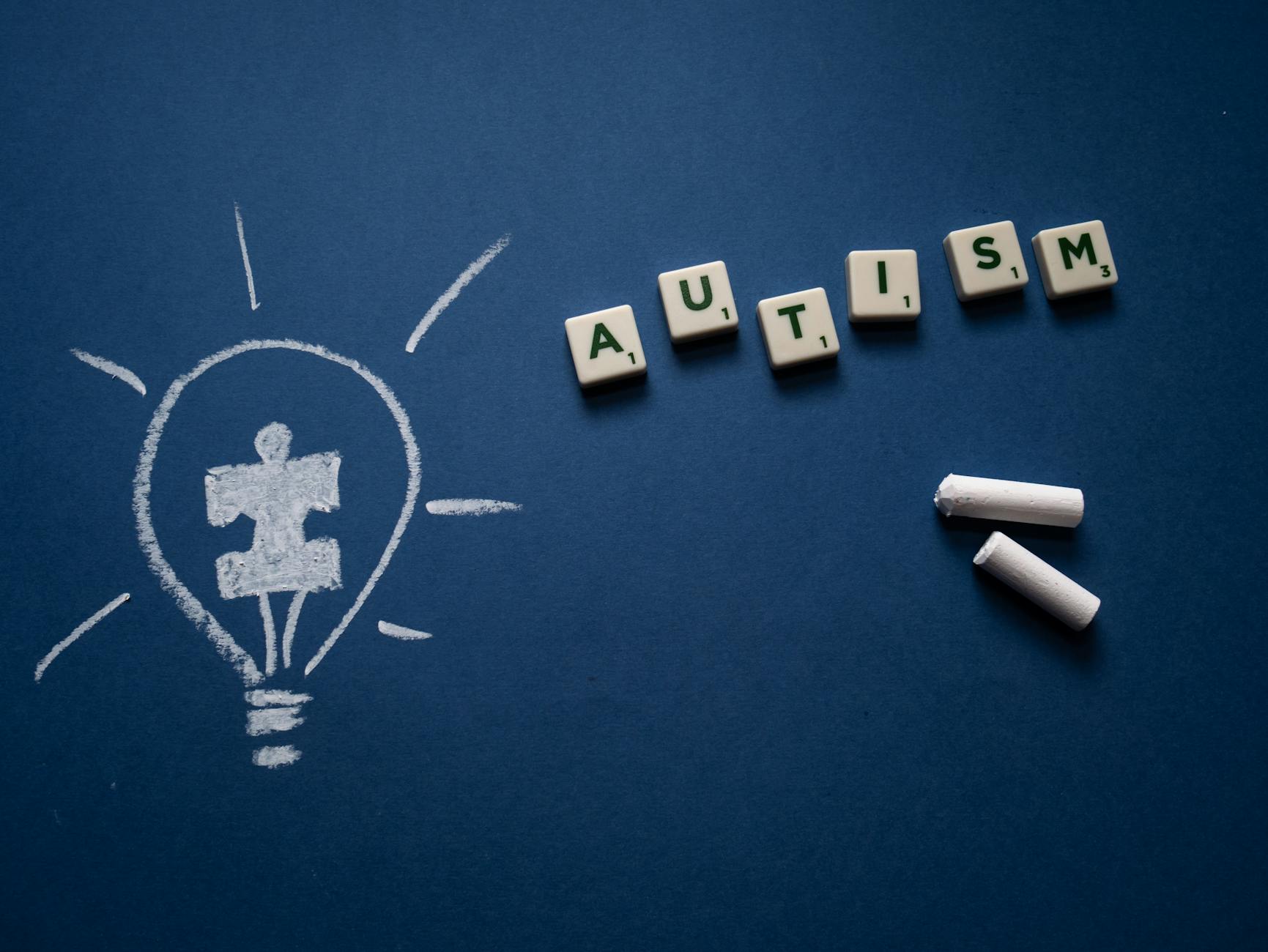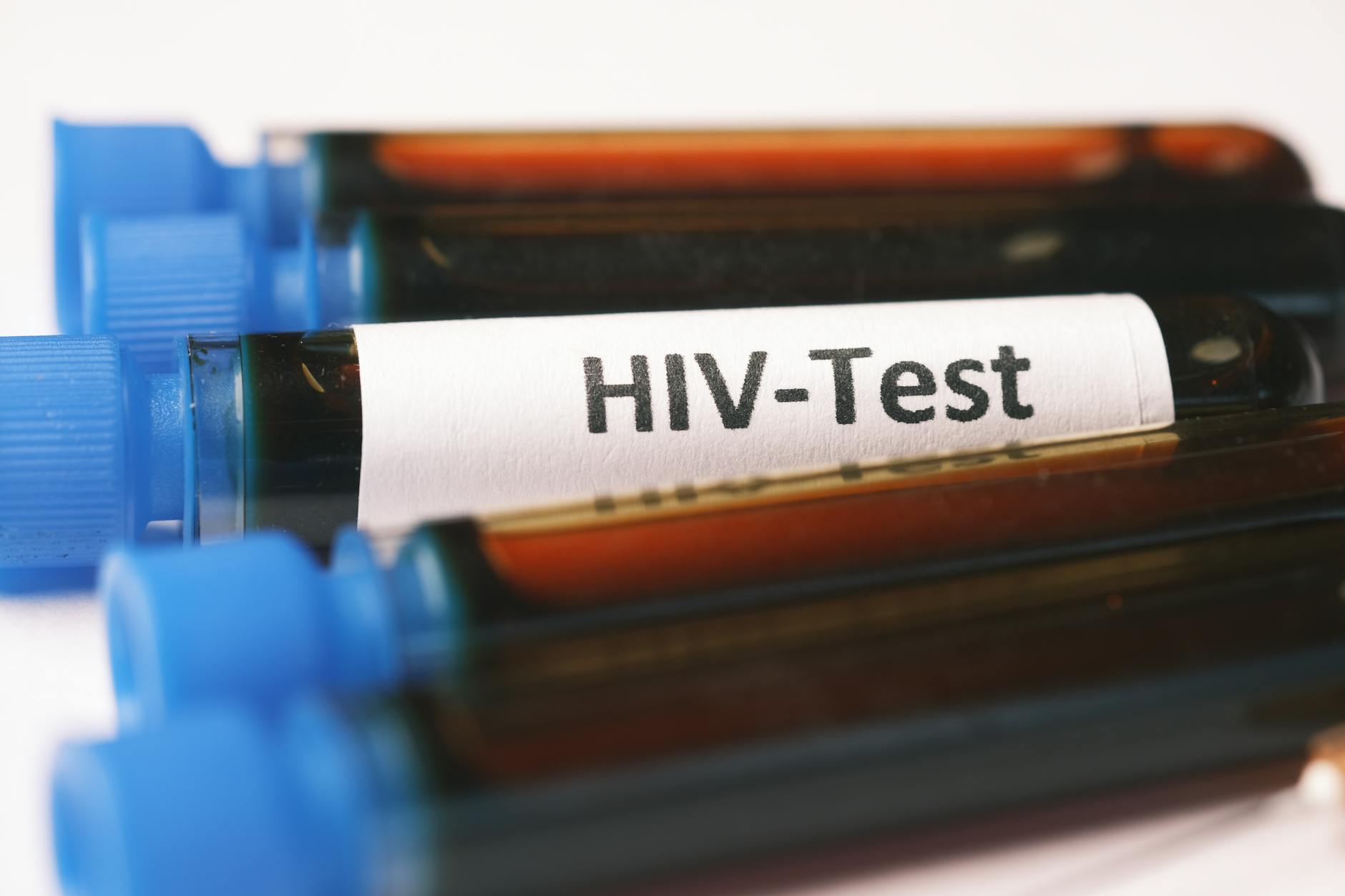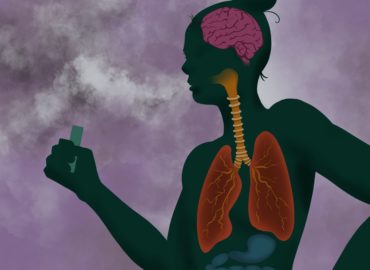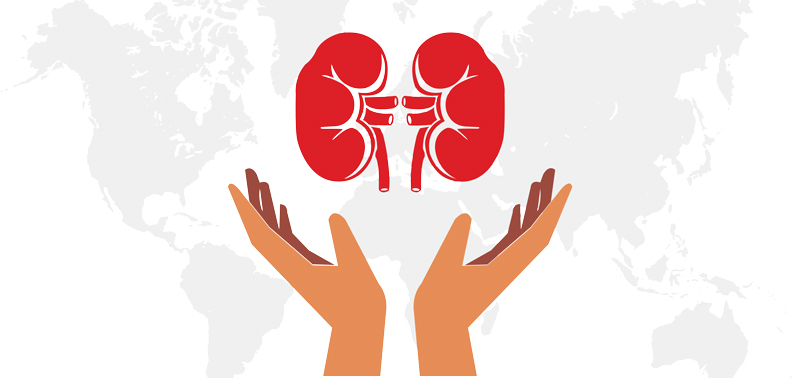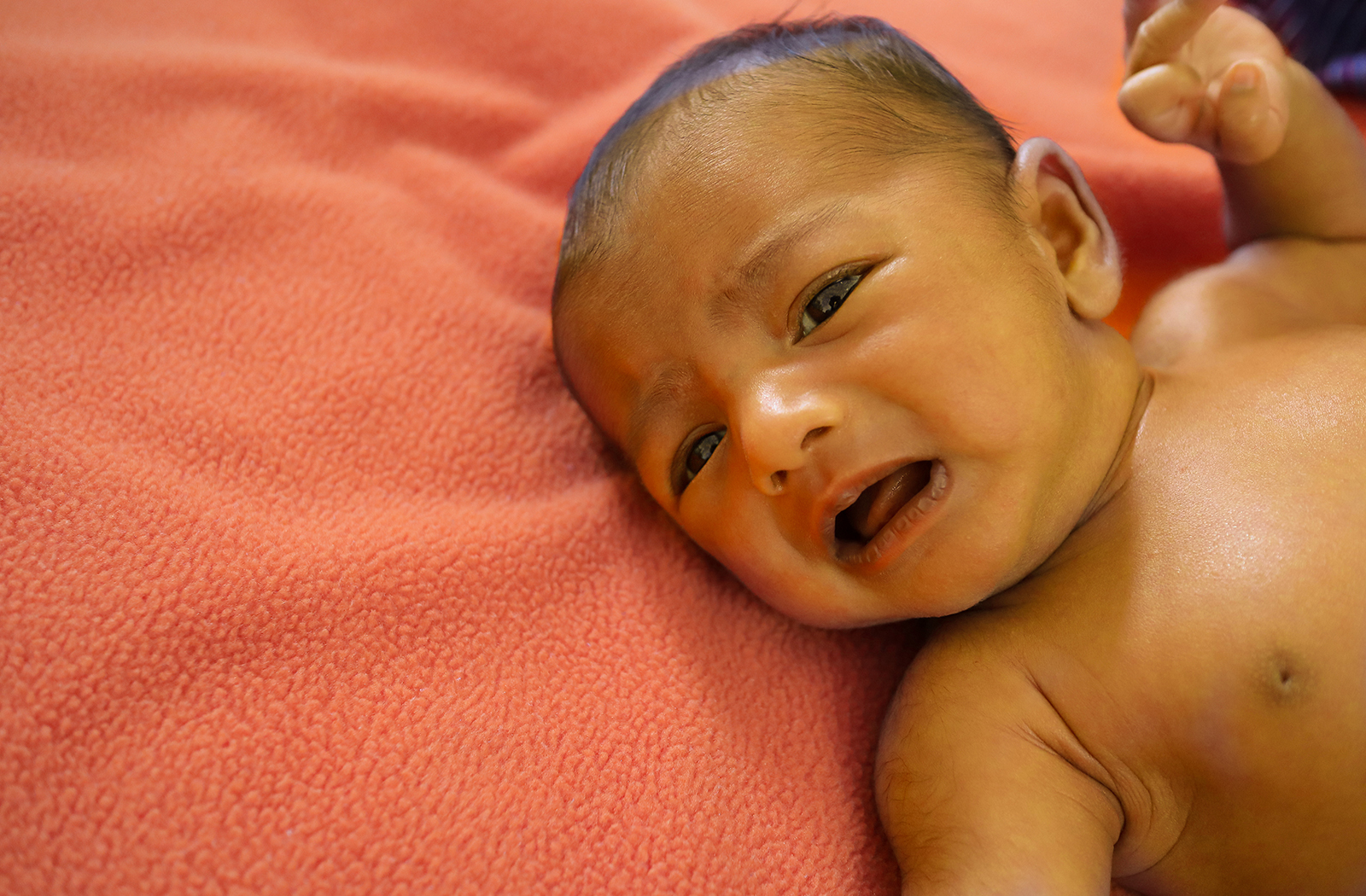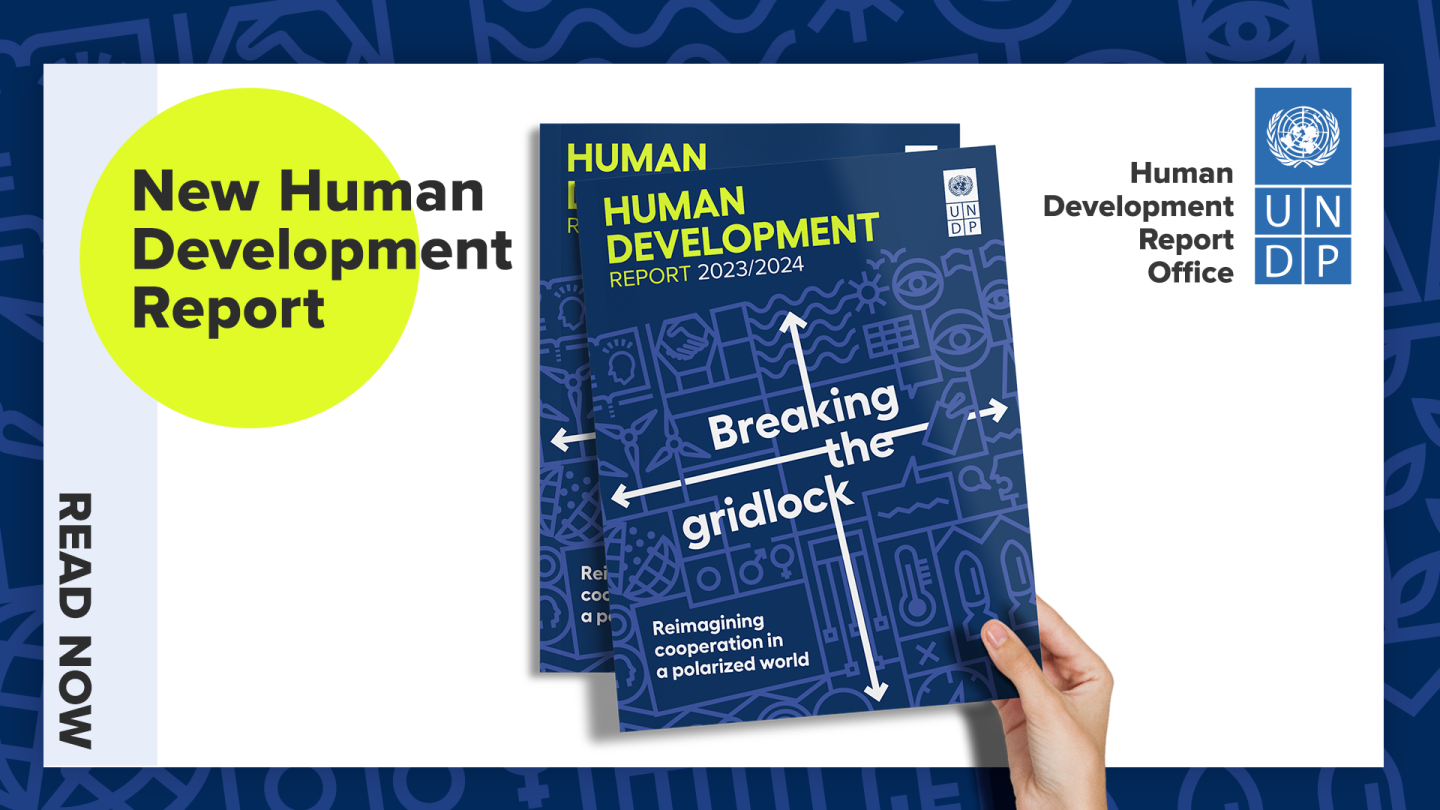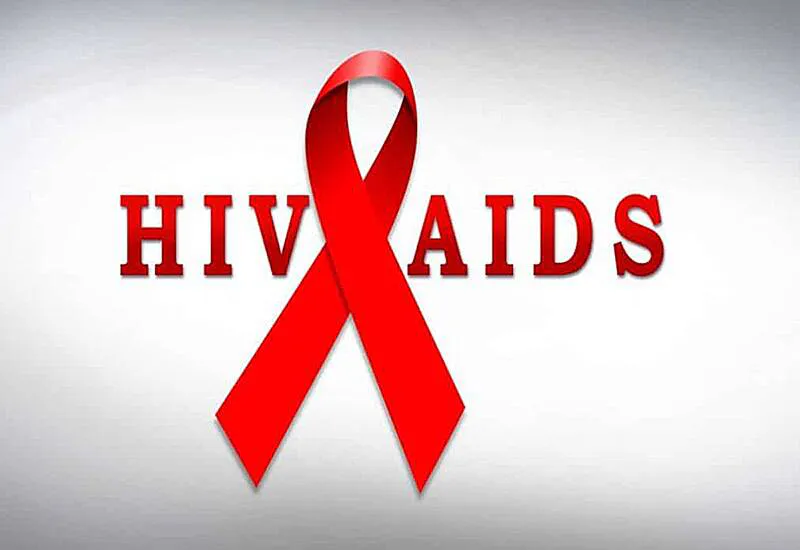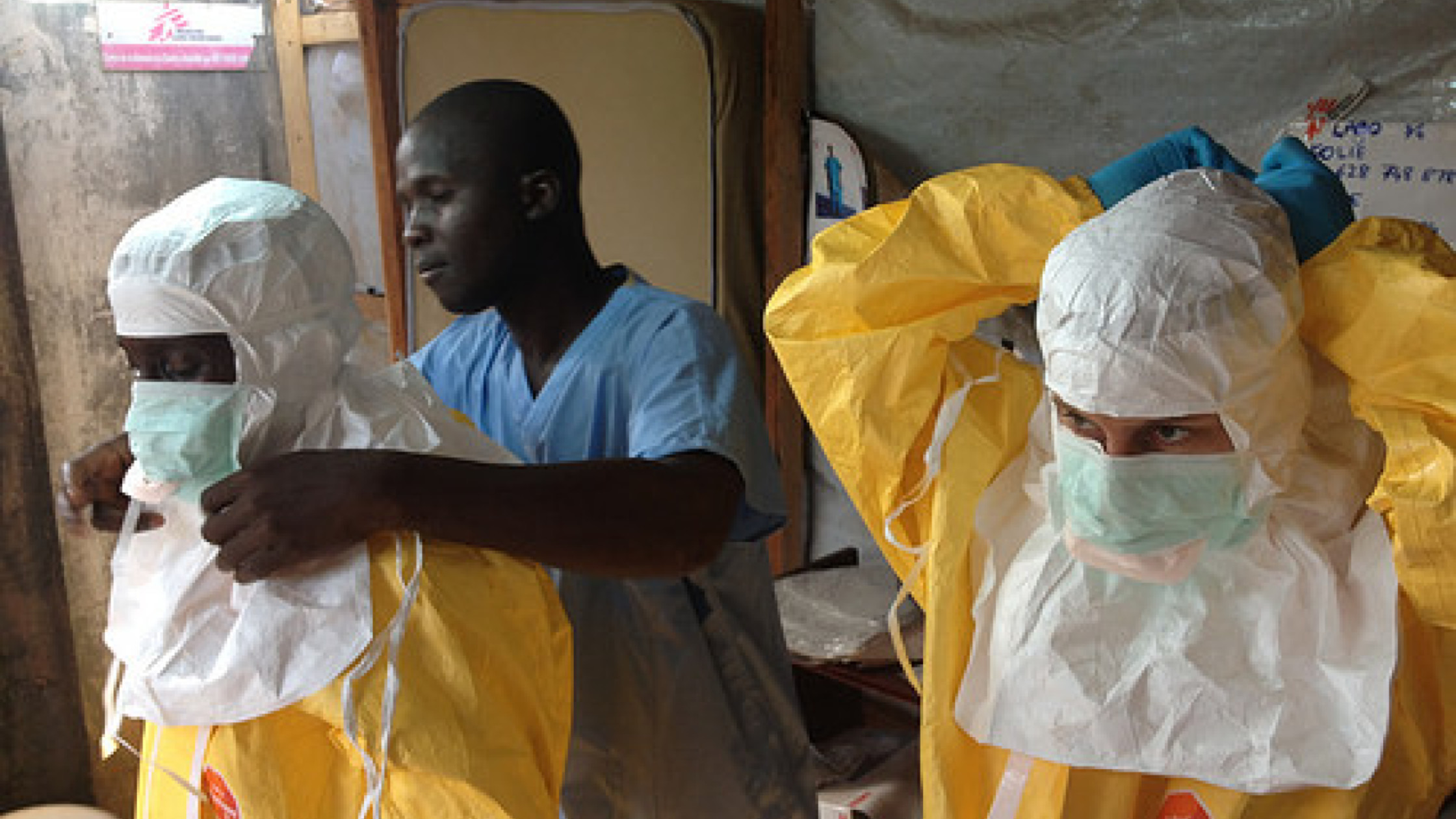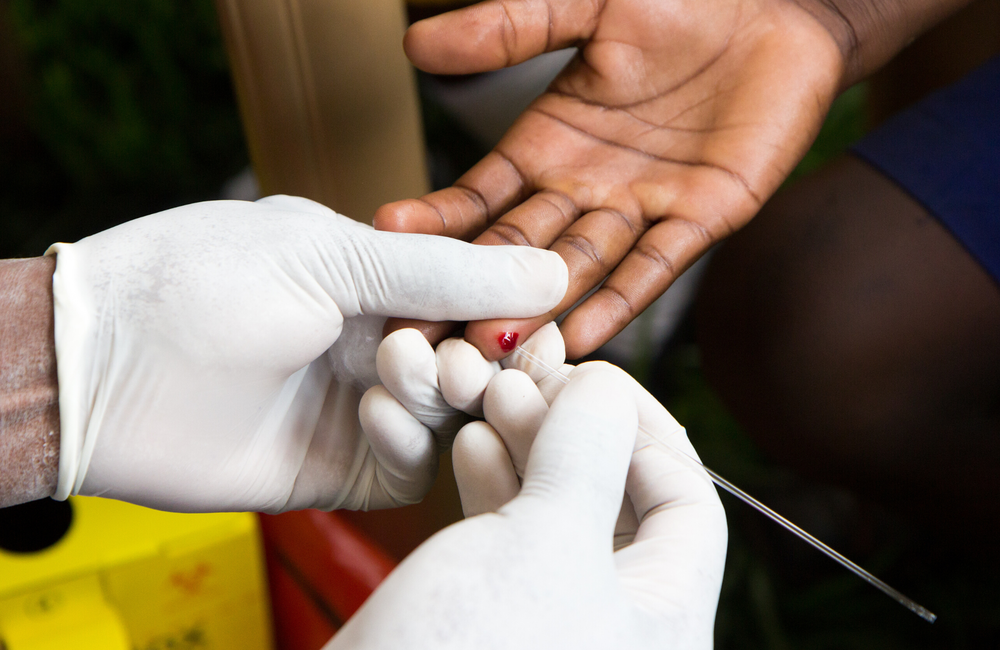
HIV (Human Immunodeficiency Virus) is a virus that attacks the body’s immune system, specifically the CD4 cells (T cells), which help the body fight off infections. If left untreated, HIV can lead to AIDS (Acquired Immunodeficiency Syndrome), the most severe stage of the infection, where the immune system is badly damaged and the body becomes vulnerable to opportunistic infections and certain cancers.
Causes
HIV is primarily transmitted through certain body fluids from a person who has the virus. These include:
- Blood
- Semen and pre-seminal fluids
- Vaginal and rectal fluids
- Breast milk
The main modes of transmission are:
- Unprotected sexual contact with an infected person
- Sharing needles, syringes, or other injecting equipment
- Receiving contaminated blood products or organ transplants (rare in regulated systems)
- From mother to child during pregnancy, childbirth, or breastfeeding if preventive measures are not taken
HIV is not transmitted through casual contact, such as hugging, shaking hands, sharing utensils, or using the same toilet.
Symptoms
HIV infection progresses in stages, and symptoms vary:
Acute HIV Infection (2–4 weeks after exposure)
- Fever
- Fatigue
- Sore throat
- Swollen lymph nodes
- Rash
- Muscle and joint pain
Clinical Latency Stage (chronic HIV)
- Often no symptoms for several years
- Virus is active but reproduces at low levels
- Without treatment, the immune system gradually weakens
AIDS (advanced HIV)
- Rapid weight loss
- Recurring fever or profuse night sweats
- Extreme and unexplained fatigue
- Swollen lymph nodes for prolonged periods
- Diarrhea lasting more than a week
- Opportunistic infections (such as pneumonia, tuberculosis, or fungal infections)
Prevention
Preventing HIV involves safe practices and awareness:
- Use condoms consistently and correctly during sexual activity
- Limit the number of sexual partners and know your partner’s HIV status
- Get tested regularly and encourage your partner to do the same
- Never share needles, syringes, or other injecting equipment
- Use preventive medications such as PrEP (pre-exposure prophylaxis) if at high risk
- Ensure blood products and organ transplants are screened for HIV
- Pregnant women with HIV should receive treatment to prevent mother-to-child transmission
What to Do in Serious Conditions
If someone is diagnosed with HIV:
- Seek medical care immediately to start antiretroviral therapy (ART), which can suppress the virus and maintain immune function
- Follow treatment strictly, as missing doses can lead to drug resistance and disease progression
- Monitor for opportunistic infections and get vaccinated where appropriate
- Maintain a healthy lifestyle, including balanced nutrition, regular exercise, and stress management
- Avoid exposing others to the virus through preventive practices
Key Points to Remember
- HIV attacks the immune system, and untreated infection can progress to AIDS.
- The virus spreads through specific body fluids, not casual contact.
- Early symptoms may resemble the flu, while advanced infection includes severe immune system compromise.
- Safe practices, testing, and antiretroviral therapy are key to prevention and management.
- People living with HIV who adhere to treatment can live long, healthy lives and reduce the risk of transmission.
Understanding HIV/AIDS, practicing prevention, and accessing timely treatment are crucial for both personal health and community well-being. Awareness, testing, and adherence to therapy save lives and reduce the spread of the virus.
Discover more from Hot Stories Ghana
Subscribe to get the latest posts sent to your email.

